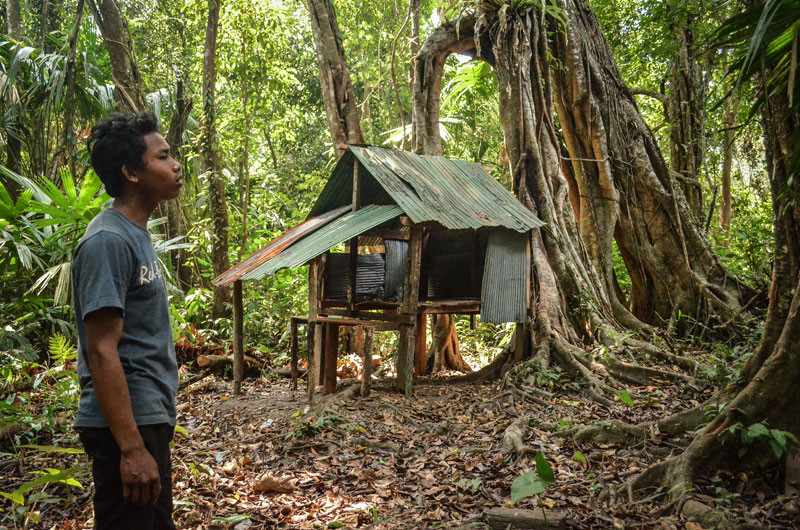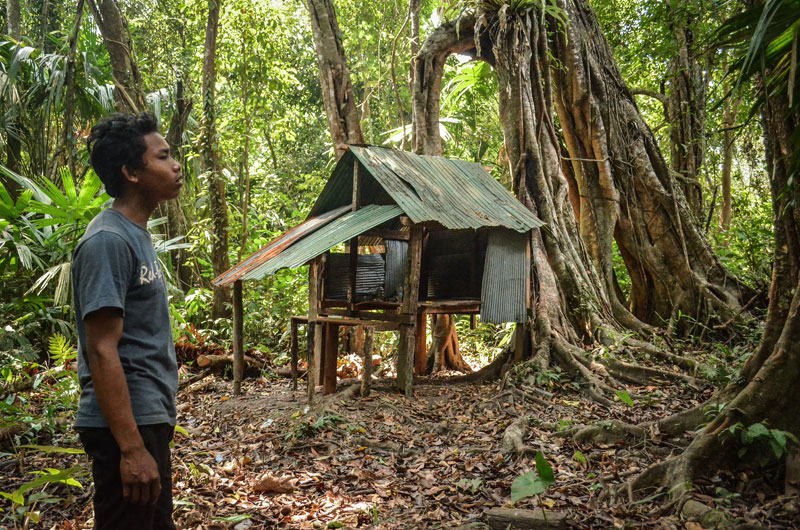The government has indefinitely put off plans for a hydropower dam in Koh Kong province’s Areng valley in favor of expanding an existing coal-fired power plant, though conservationists worry that a planned transmission line through the ecologically sensitive valley could still inflict heavy damage.
In early 2015, Prime Minister Hun Sen assured critics of the dam, including many in the ethnic minority Chong community who opposed giving up their ancestral land for the project, that it would not be approved before next year’s national elections. But that only left them worried that the government was merely postponing the inevitable.

They got some relief on Friday when the Council of Ministers effectively delayed the dam indefinitely by approving the expansion of Cambodia Electricity Limited’s coal plant in Preah Sihanouk province as an alternative to the dam.
Contacted on Sunday, council spokesman Phay Siphan would not rule out the possibility of an Areng dam in the future, but said: “Right now, we aren’t studying the construction of the Areng hydropower dam because [Mr. Hun Sen] wants to conserve the area and have ecotourism.”
According to details of Friday’s council meeting posted to Mr. Siphan’s Facebook page, Japanese advisers urged the government in 2015 to scrap the dam and meet Phnom Penh’s power needs instead with a 200-megawatt coal-fired plant built near the capital. But a separate study concluded that a coal plant near the city was a bad idea because costs would be high and local pollution severe.
So the council on Friday voted instead to let Cambodia Electricity Limited expand the capacity of its Preah Sihanouk coal-fired plant from 50 MW to 185 MW. The extra capacity will top the 108 MW the government had hoped to get out of the Areng dam.
An early feasibility study of the dam, however, concluded that the target was never possible, fueling speculation among the project’s critics that the government only intended to approve the project to make a quick profit out of logging the proposed reservoir.
The NGO Mother Nature helped locals protest against the dam. The group’s co-founder, Alex Gonzalez-Davidson, who has been banned from the country in relation to those protests, said Friday’s decision was a rare victory for conservationists.
“We are very happy to see that the government seems to have made it official that the dam has now been canceled, a clear indication that we were right all along,” he said.
But Mr. Gonzalez-Davidson said he was now worried about a power transmission line the Council of Ministers also approved on Friday that would cut across the Areng valley on its way from the Stung Tatai hydropower dam to Phnom Penh, straight through pristine—and officially protected—landscape. He feared a repeat of the illegal logging, poaching and land grabs he attributed to a similar power line built in Pursat province.
“If the government is honest about the conservation of the Cardamom mountains for future generations, as it has recently been boasting, this crazy new scheme must be ditched.”
The council approved construction of the 230-kilovolt line by the Alex Corporation. It did not say when work on the line or plant expansion was likely to start or finish. Mr. Siphan directed specific questions to the involved firms, representatives of which could not be reached.




